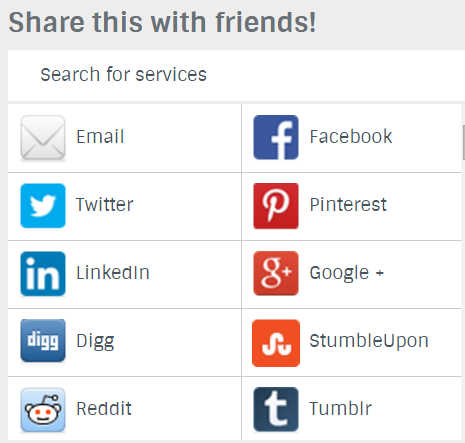“Good Sergeanting” and LESM
This blog series highlights some of the top Social Media Beat posts from the last couple years. For more information about IACP’s Center for Social Media visit the project webpage. This post was originally published on Thursday, November 12, 2015.
Guest Blogger: Dave Norris, Sergeant, San Mateo, California, Police Department
This blog is tuned to all levels of supervision and management, but focuses on the first level supervisors - those who have the valued responsibility of conducting shift briefings. I hope this is informative to you all - even if you are a veteran supervisor who, like me and others, started in this business by putting pencil to paper.
There is so much noise around us now from the media - and our resources for "teachable moments" are virtually immeasurable - conventional media, social media (mainstream AND on our personal SM streams), and aggregator sources (I get a daily snapshot from both PERF and PoliceOne, and IACP is rolling out a news service for members) - just to name a few. Another great source I rely upon is the email thread of my local Law Enforcement Social Media Group.
I encourage you as supervisors and leaders in your organization to take a few steps to make yourselves informed on law enforcement impacts from social media and use this information to keep your troops as open-eyed, informed, and professional as possible in this new world - which has eyes and ears open - especially towards us - like NEVER before....
Here are a few guidelines to get you started:
Know your jurisdiction’s laws and understand constitutional protections regarding civilians and their level of access to the various situations you and your personnel are in. There is a lot of latitude for "media," (and "freedom of the press" now has a whole new meaning with hand-held media recording devices) but there is also a lot of authority granted you and your personnel to restrict access under certain conditions.
Keep in mind that often the best media documentation of your situation may be in the hands of the kid with the iPhone on your perimeter - and also know that you have very limited (or no) authority to take that evidence without consent, and will likely have to get it off YouTube or Instagram like anyone else!

Be Safe. Have Fun. Never Stop Learning.
Guest Blogger: Dave Norris, Sergeant, San Mateo, California, Police Department
This blog is tuned to all levels of supervision and management, but focuses on the first level supervisors - those who have the valued responsibility of conducting shift briefings. I hope this is informative to you all - even if you are a veteran supervisor who, like me and others, started in this business by putting pencil to paper.
There is so much noise around us now from the media - and our resources for "teachable moments" are virtually immeasurable - conventional media, social media (mainstream AND on our personal SM streams), and aggregator sources (I get a daily snapshot from both PERF and PoliceOne, and IACP is rolling out a news service for members) - just to name a few. Another great source I rely upon is the email thread of my local Law Enforcement Social Media Group.
I encourage you as supervisors and leaders in your organization to take a few steps to make yourselves informed on law enforcement impacts from social media and use this information to keep your troops as open-eyed, informed, and professional as possible in this new world - which has eyes and ears open - especially towards us - like NEVER before....
Here are a few guidelines to get you started:
- Know your boundaries - policies, laws, constitutional protection.
Know your jurisdiction’s laws and understand constitutional protections regarding civilians and their level of access to the various situations you and your personnel are in. There is a lot of latitude for "media," (and "freedom of the press" now has a whole new meaning with hand-held media recording devices) but there is also a lot of authority granted you and your personnel to restrict access under certain conditions.
Keep in mind that often the best media documentation of your situation may be in the hands of the kid with the iPhone on your perimeter - and also know that you have very limited (or no) authority to take that evidence without consent, and will likely have to get it off YouTube or Instagram like anyone else!
- Do your homework.
- Interesting is memorable - make this a discussion.
- Spread the love.

Be Safe. Have Fun. Never Stop Learning.
